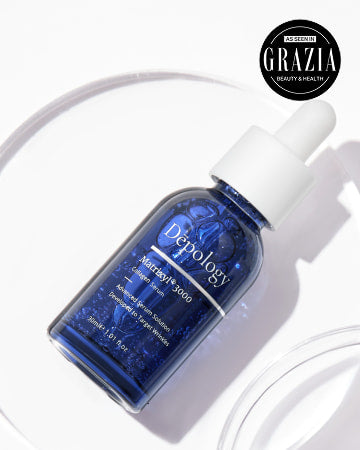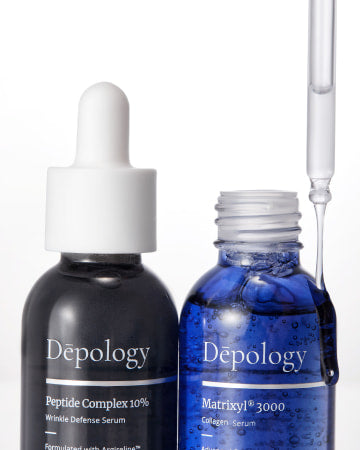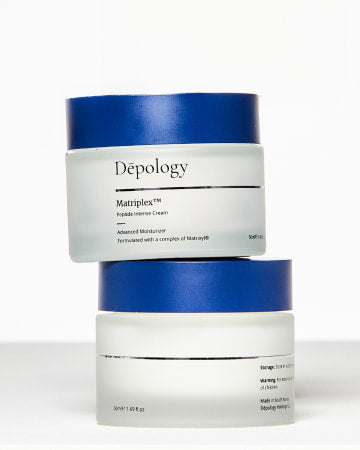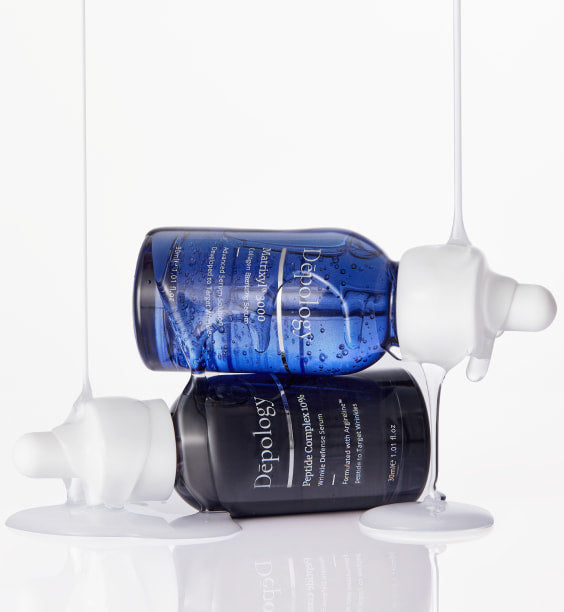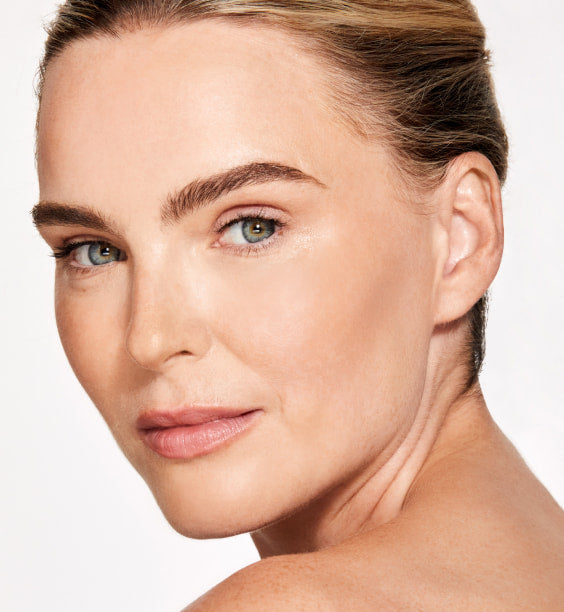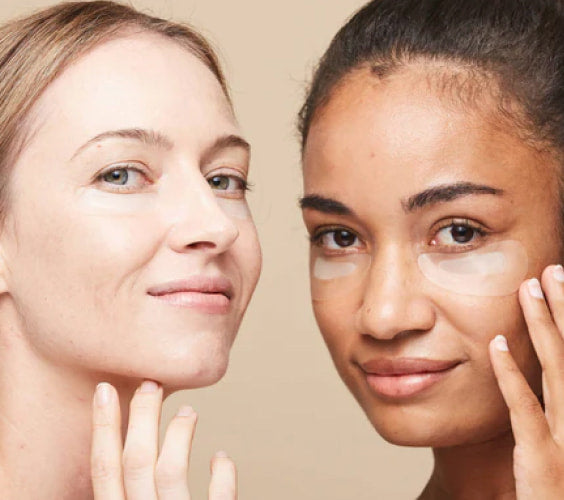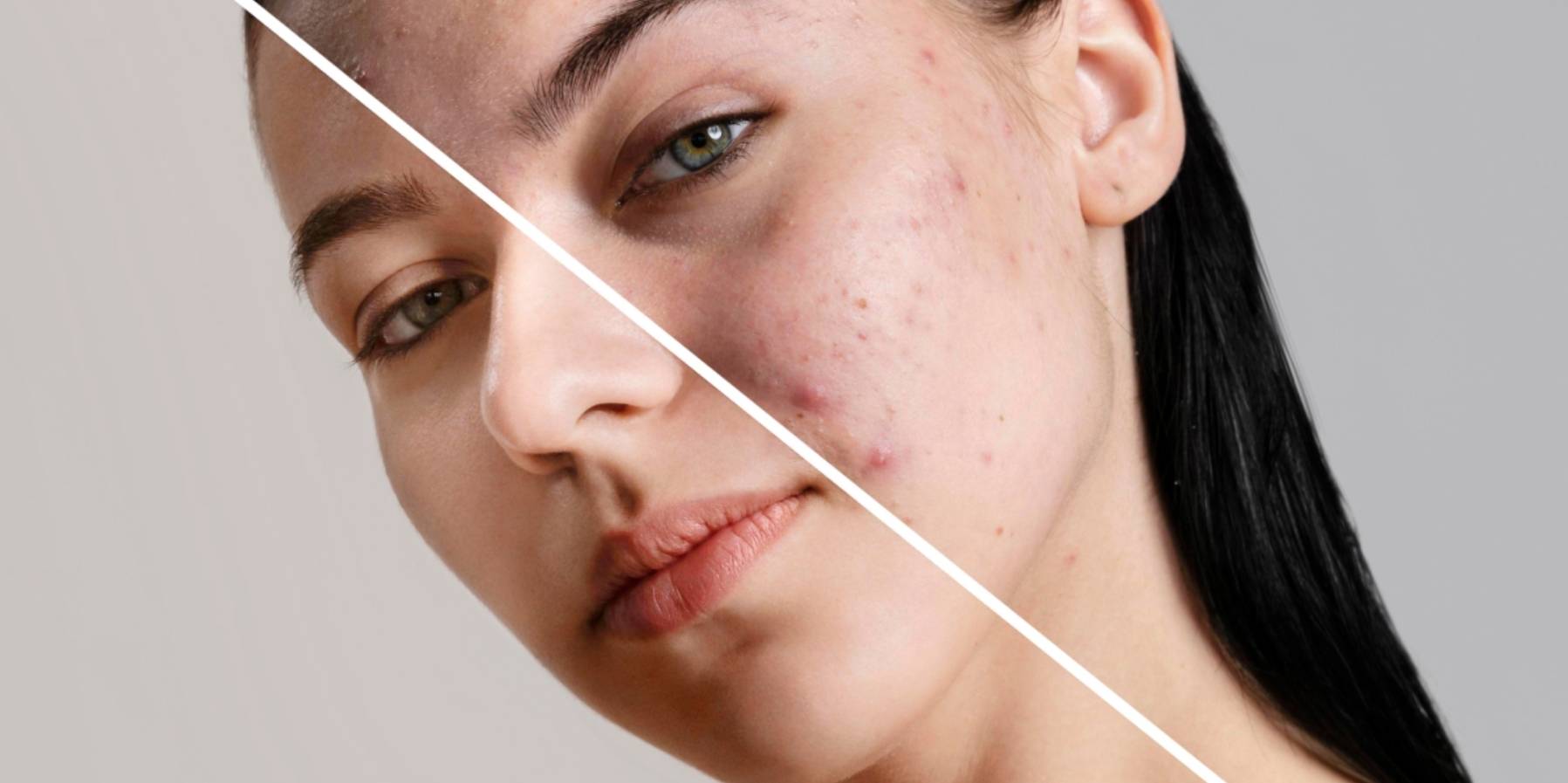

Read more

How To Regain Elasticity In Your Skin?
Elasticity in the skin is an essential factor in maintaining youthful and healthy skin, but it is easy to lose it over time. While this is totally natural and cannot be completely reversed, there a...
Read more
Normal skin is often the dream of many people. It's that skin type that seems to require no effort and still looks healthy, balanced, and glowing. But what exactly is normal skin, and how can you t...
Read more

